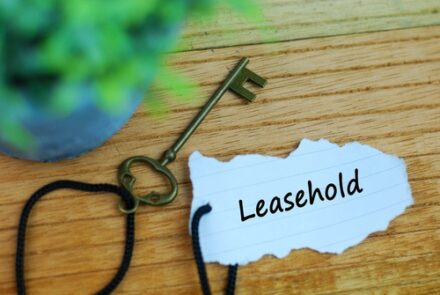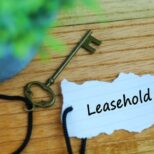
Leasehold and Freehold Reform Bill aims to make leasehold fairer
26th February 2024 by Mark Preece
The government has announced that it intends to make it cheaper and simpler for leaseholders to purchase the freehold of their property. It also aims to deal with punitive service charges and the slow provision of management information.
The Leasehold and Freehold Reform Bill has now had a second reading in Parliament, with the Secretary of State for Levelling Up, Housing and Communities, Michael Gove, agreeing with the suggestion that leasehold is ‘just a cynical money-making scam’.
What changes does the new bill propose?
The reforms contained in the draft bill include:
- Making it easier and cheaper to extend a lease
- Making it easier for leaseholders to purchase the freehold
- Making it easier to obtain leasehold information, which is needed when a property is sold
- Bringing greater transparency in respect of service charges
- Rebalancing the costs for leaseholders in challenging landlords’ unreasonable charges at a tribunal
- Controlling ground rent increases
- Banning leasehold for houses
It is expected that a ban on creating new leasehold properties will be added to the bill before it is passed.
Extending a lease
If you want to extend your lease, you need to have owned the property for two years before you can formally ask the landlord to do this. The new bill aims to remove this requirement.
Lease extensions will automatically be for 990 years.
When paying a premium to the landlord to purchase a lease extension, there is currently a sum added to the price for leases with less than 80 years remaining, known as the ‘marriage value’. This is calculated by looking at the increase in value of the property once the freehold has been purchased. It is difficult to calculate and can be hard to agree upon a figure between leaseholders and freeholders. The new bill intends to abolish the concept of marriage value and introduce a formula for calculating the sum to be paid so that disputes and lengthy court proceedings can be avoided.
Purchasing the freehold
Flat owners currently need to wait until they have owned their property for two years before they have the right to buy their freehold. The bill proposes abolishing this requirement.
It will also be possible to buy the freehold if up to 50% of the property is non-residential – this is an increase from the current figure of 25%.
A set formula is proposed for calculating the amount to be paid to the landlord for the freehold.
Controlling increases in ground rent
Some properties currently have leases which allow ground rent to be doubled every few years. The bill proposes that ground rent will be limited in some way, with suggestions including:
- Capping ground rents at a peppercorn, ie. a negligible sum
- Freezing ground rents at their current level
- Capping ground rent at a percentage of the value of the property, such as 0.1%
- Increasing the availability of management and freeholder information
It is proposed that management information be made more easily available to leaseholders. An annual report and the provision of insurance information to leaseholders is suggested.
There will be a time limit for freeholders to provide leaseholders information so that freeholders will no longer delay property sales.
Leaseholders will be entitled to information across a range of areas, including insurance, service provision, maintenance, repairs and management.
Contact us
For further information, please contact Mark Preece on 01202 377800 or email m.preece@laceyssolicitors.co.uk



